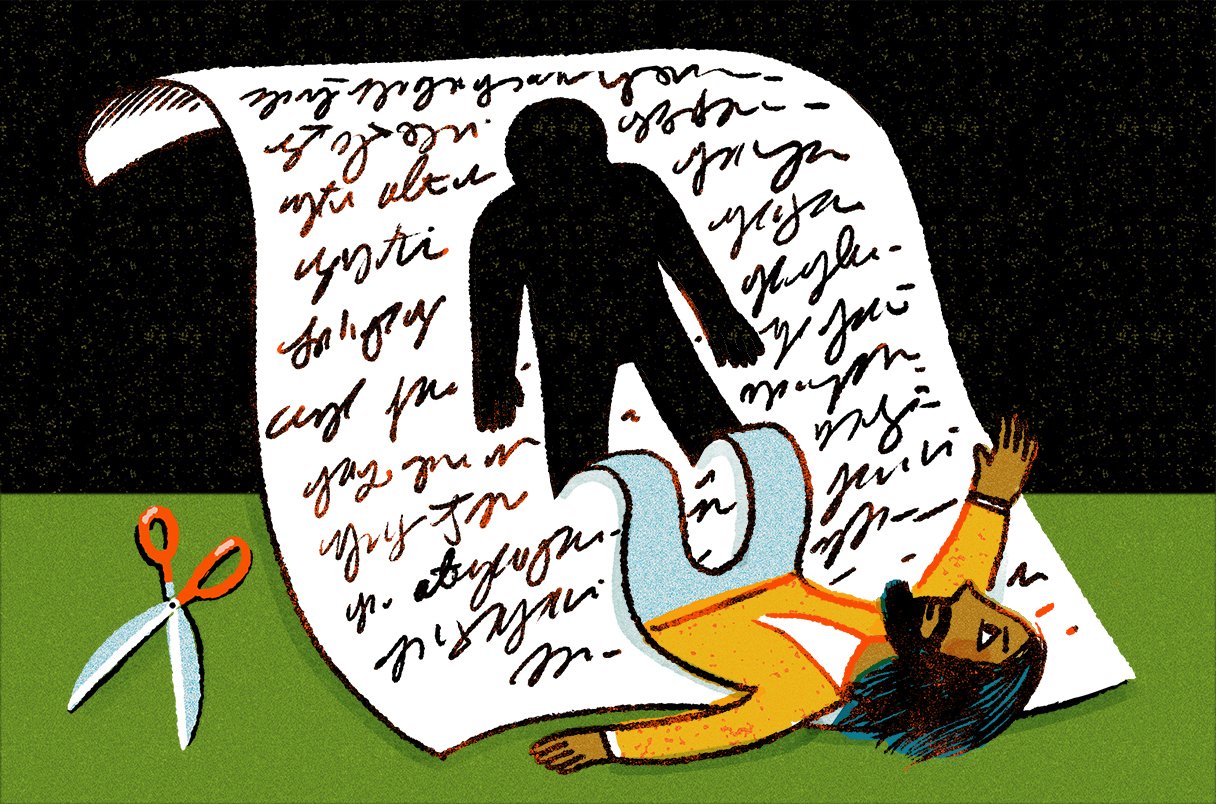The day the paper was published should have been a moment of pride. Instead, it felt like a quiet erasure. There it was: the data set I had helped shape, the computer scripts I had debugged and refined, the analytical framework I had spent months developing—all neatly embedded in a peer-reviewed journal article. But my name was absent. The feeling of exclusion was painful enough—but what stung more was that I had seen it coming, yet had felt powerless to stop it.
In 2020, during my doctoral studies at a major European university, a more senior Ph.D. student asked for help coding the analysis for his thesis. We had several in-depth discussions about the work, and he promised me co-authorship if the results were published. He even suggested the outcomes might fit into a chapter of my own dissertation, and that he would inform my supervisors once the work matured. I believed him.
Over the next year, I invested hours of focused effort into writing, modifying, and validating the scripts that underpinned the analysis. But crucially, the collaboration remained informal. Most conversations happened over voice calls. Any emails I sent went unacknowledged. There was no official record of our agreement or the work’s scope. In hindsight, I now see that this lack of documentation was not an accident—it was deliberate.

